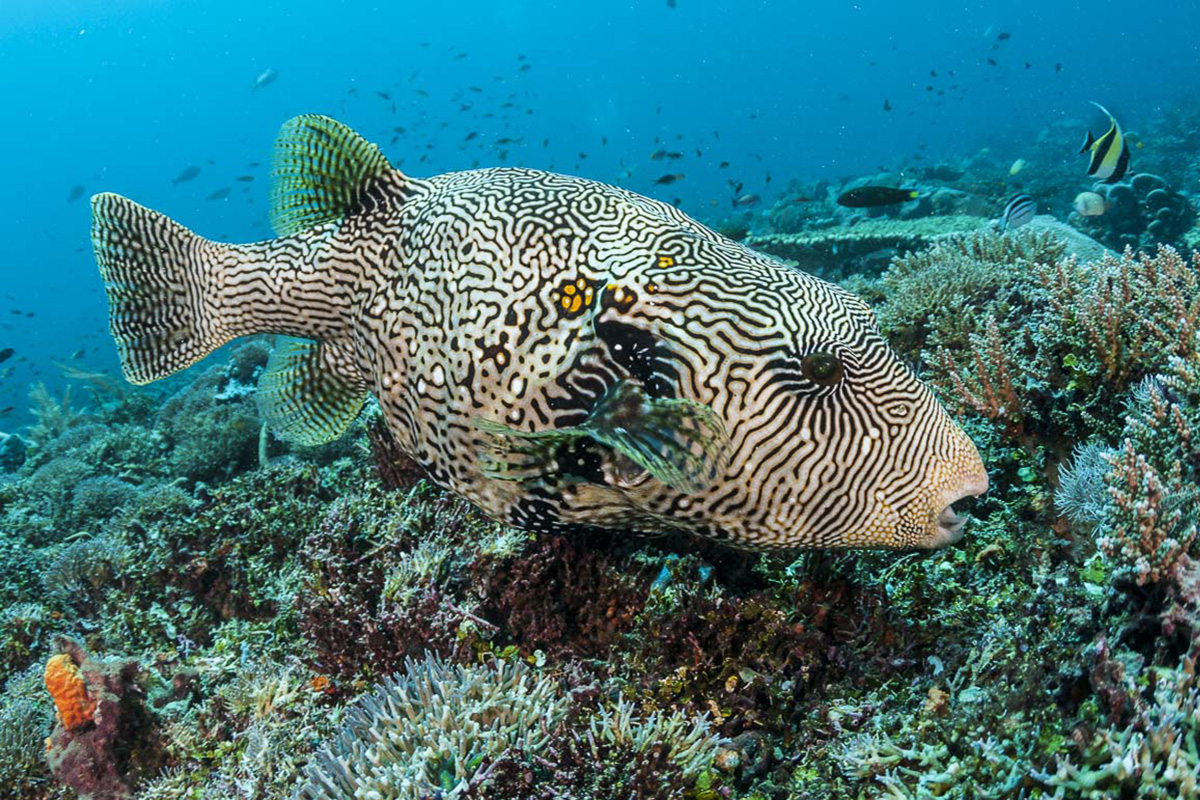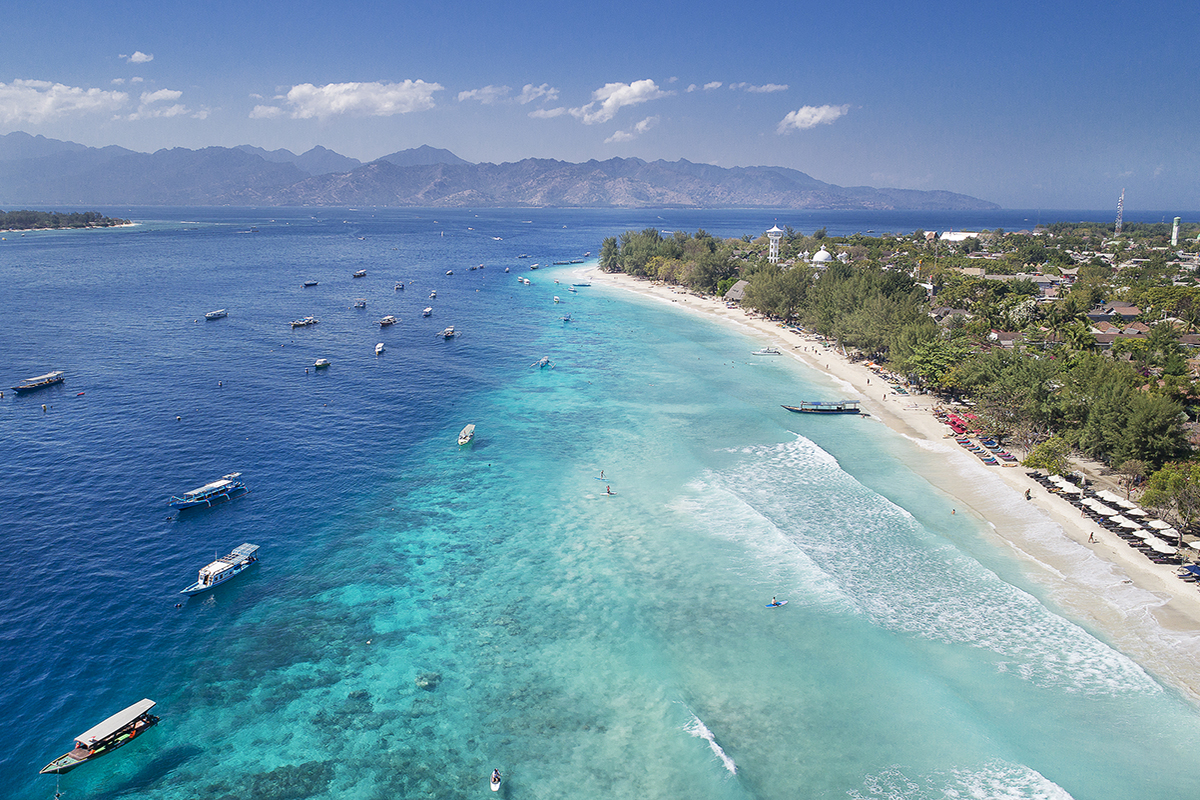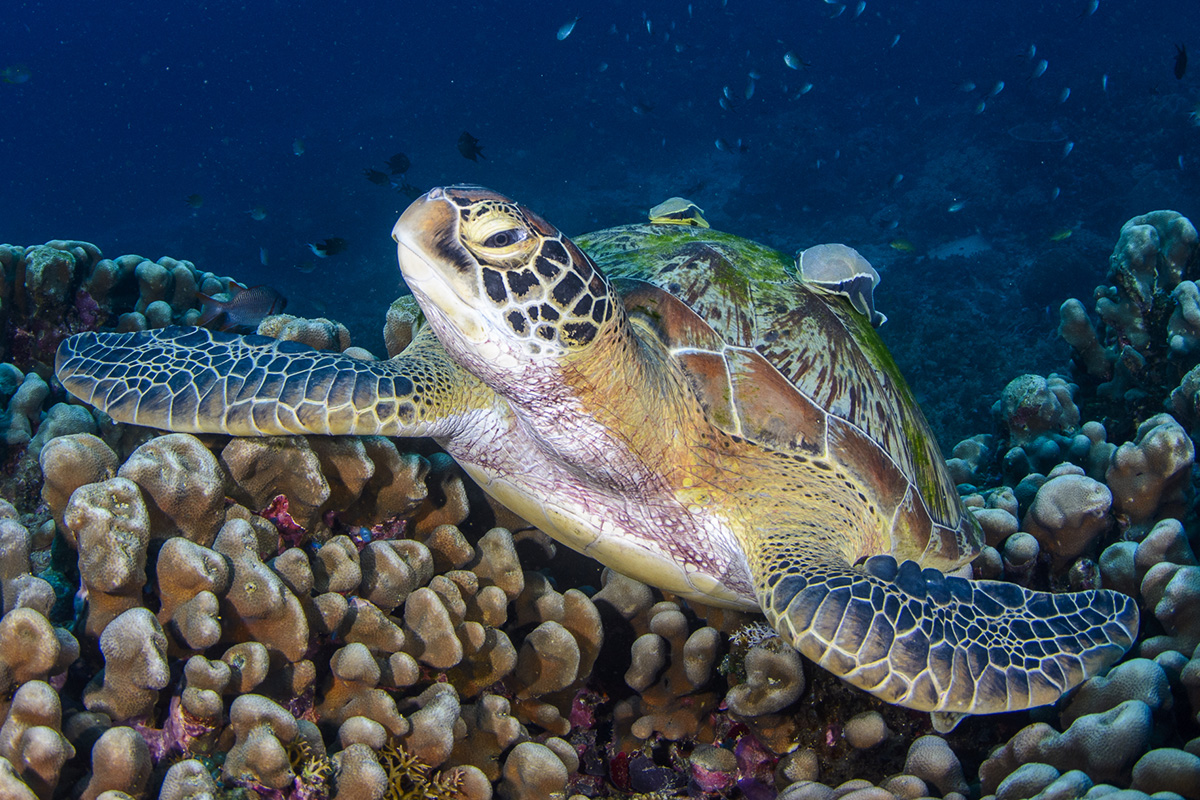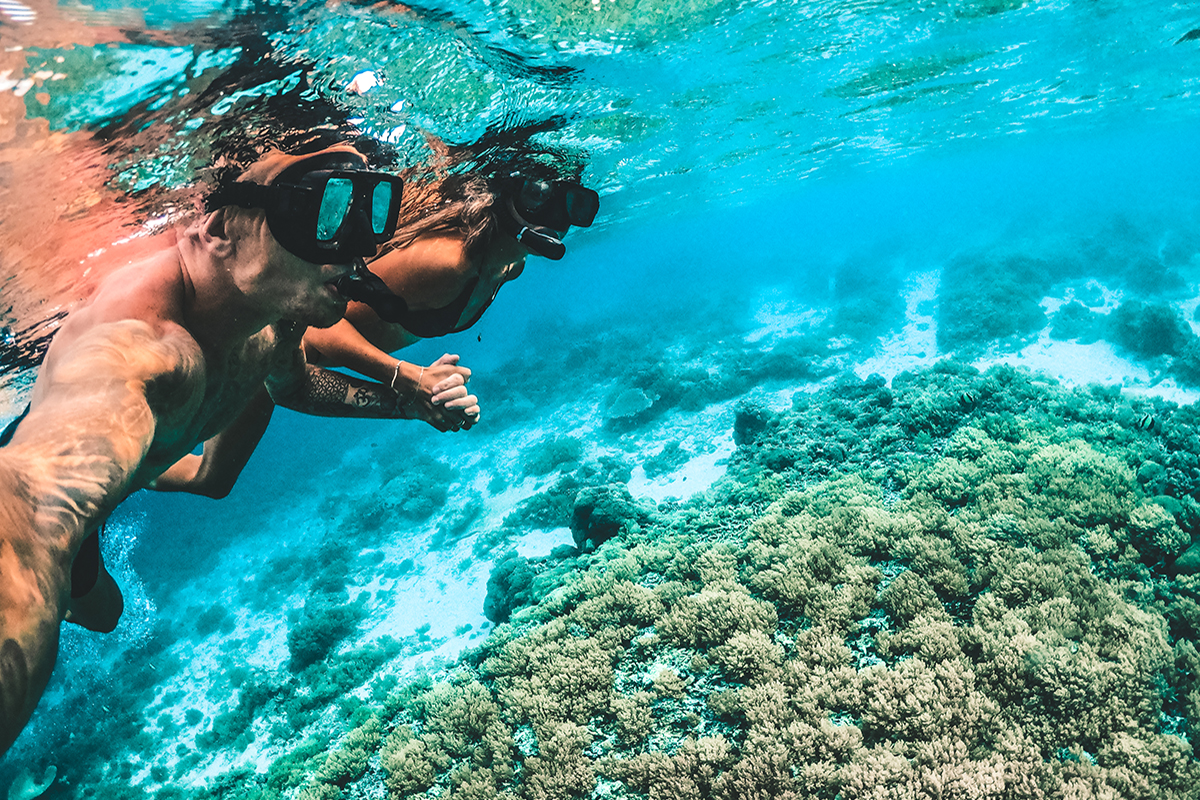Why Coral Reefs are Essential for Healthy Biosystems
We hear a lot of talk these days about how important coral reefs are for the survival of our planet. How the destruction of reefs could spell the end of life as we know it. But how much do you know about why? Without a good understanding of what makes reefs so important to life on Earth, it is very hard to know why we need to work so hard to protect them. Even if you know something about this subject, hopefully we will be able to add to your knowledge.
Marine Life
Fish and other marine species live in coral reefs, especially healthy ones. This is something we all know. But did you know that around a quarter of all the fish in the ocean live in coral reefs? It’s approximately 875 billion fish! Reefs are also safe havens for juvenile fish, so are often called the nurseries of the sea. Without healthy nurseries fish populations quickly decline.
What do all these fish do, you might ask? Well, first of all they provide food for both humans and other animals. If coral reefs are managed properly they can yield around 15 tonnes of fish and other edible marine life per year. Up to one billion people around the world rely almost solely on fishing and for their food and income.
The fish and other marine creatures also keep the reefs healthy. Their excrement is incredibly nutritious for the reefs keeping them thriving. Healthy reefs often also have a wide range of biodiversity. This ensures that even when some species may not flourish, other ones will be able to continue the cycle.
Protection from erosion
Can you imagine what would happen to coastlines all around the world if coral reefs disappeared? Reefs naturally protect the coastline from waves that slowly eat away at the land. Not to mention flooding, land loss, destruction of property, and other damage caused by hurricanes, typhoons, and even tsunamis.
When coral reefs are destroyed coastlines suffer, and often money has to be spent to build man made coastal defenses. This has been the case in many places in Indonesia. There have been biorock formations placed in a number of places around the Gili Islands by the non-profit group Gili Eco Trust. These bioreefs allow new corals to grow, attracting marine life to the area and protecting the islands’ coastlines.
Diving, snorkeling, and other marine life tourism
For many countries with coastal waters, coral reefs are a huge source of revenue. This comes from the tourists who visit to dive, snorkel, surf, and enjoy marine life. As a huge archipelago, Indonesia relies heavily on tourist dollars brought in by the visitors to islands like Bali, Lombok, the Gili Islands, and more. To keep these tourist dollars coming in, local people and government authorities must protect the health of the coral reefs.
Around the Gili Islands sea turtles are a massive draw for tourists. Protecting these turtles by keeping the beaches safe for laying and hatching, as well as stopping the fishing and sale of sea turtles is of the utmost importance for the wellbeing of the islands.
Coral reefs matter!
Many people see coral reefs as beautiful to look at but may not think much further past that. In fact, they are so important to our environment and biosystems that life on earth would be impossible without them. At Villa Almarik we have this in mind with everything we do and strive to make as little impact on the reefs around the Gilis as possible. Working together with our staff and management, local people, ngos and tourists to keep the reefs healthy benefits not only the hotel and the island, but the world as well.
Do you think about the health of the coral reefs when you dive or go on holiday to a coastal area? Maybe this article made you think a little more about their importance? We’d love to hear your thoughts on the subject in the comments box below.





